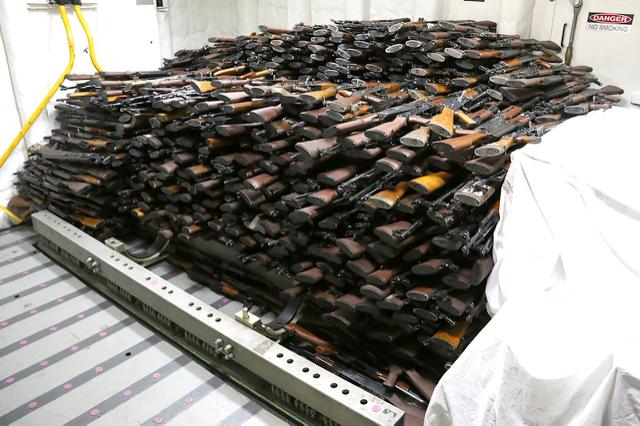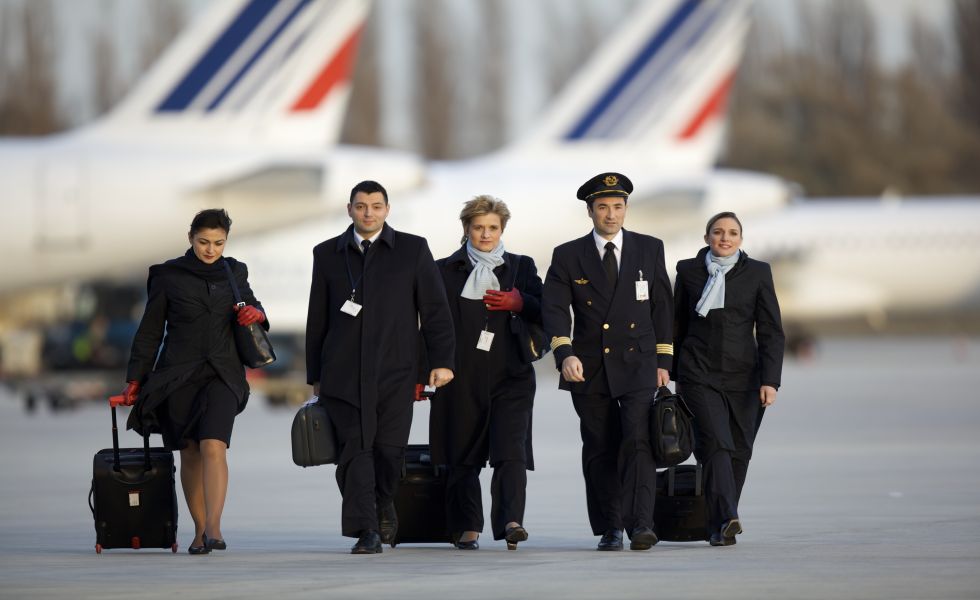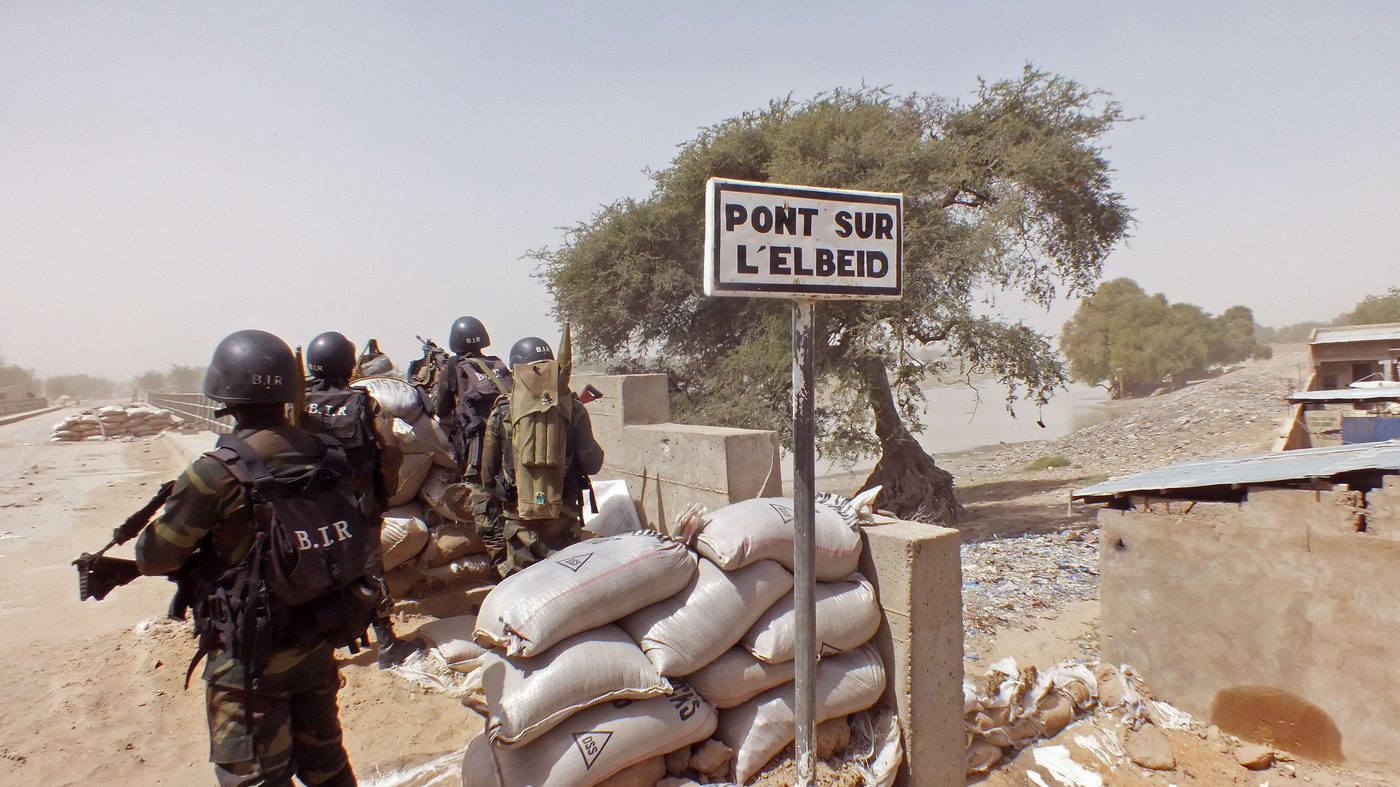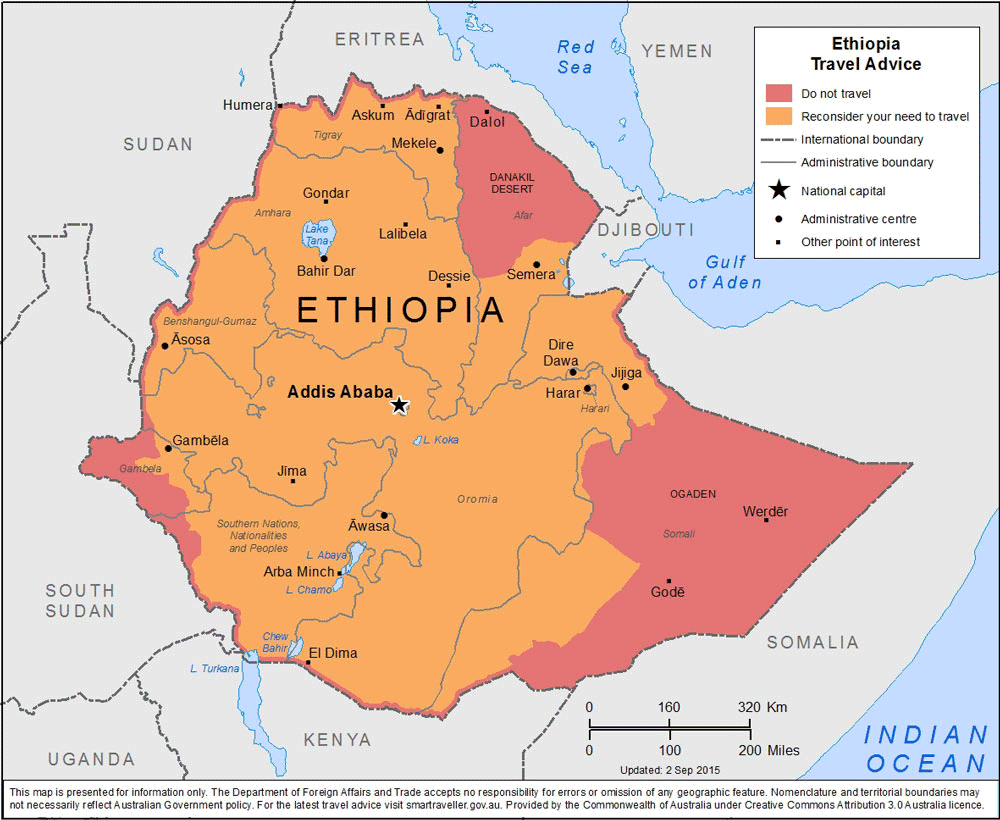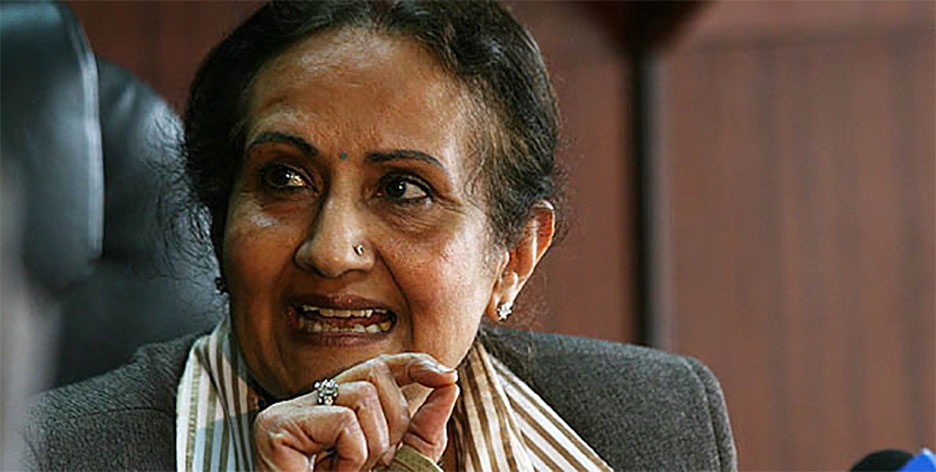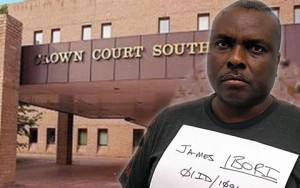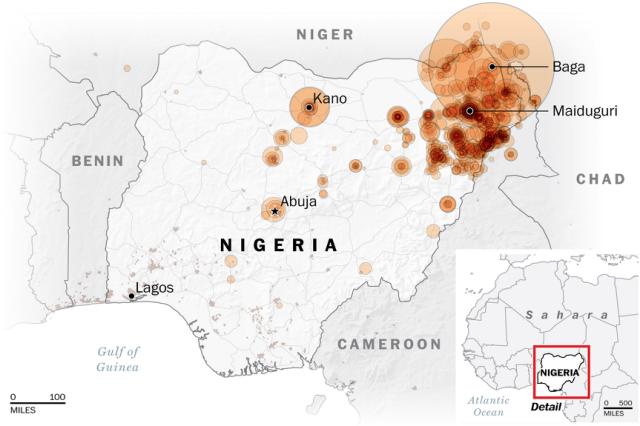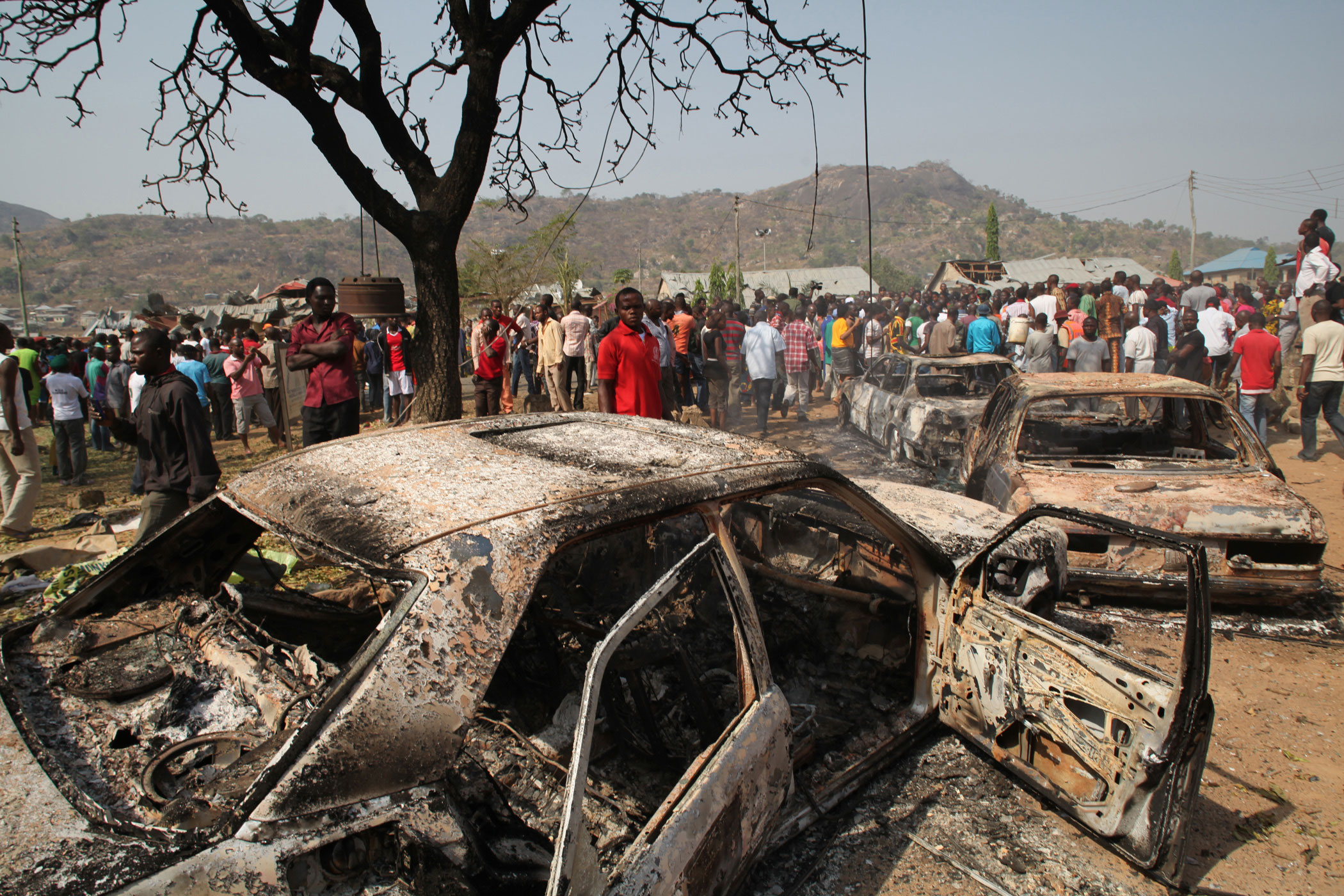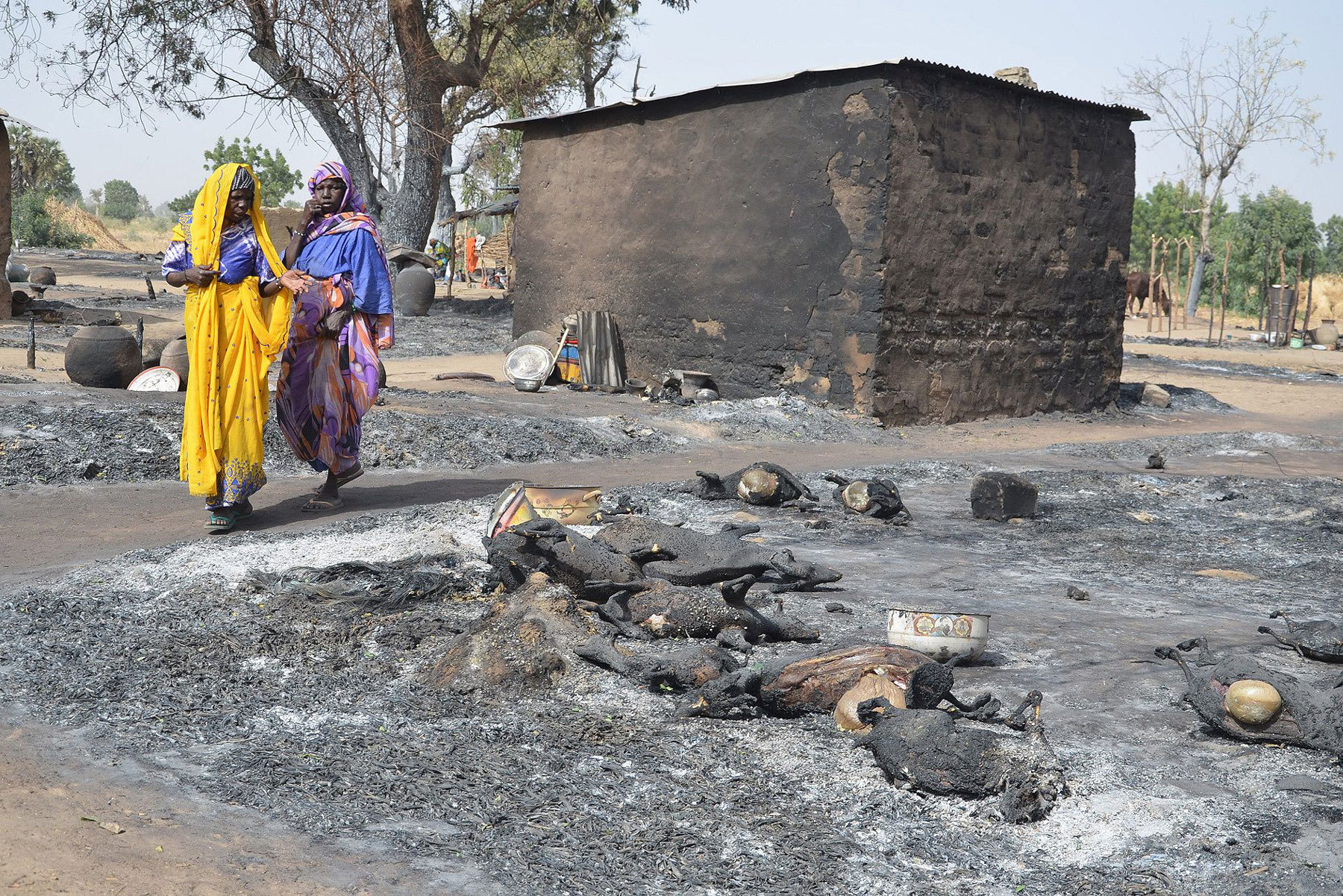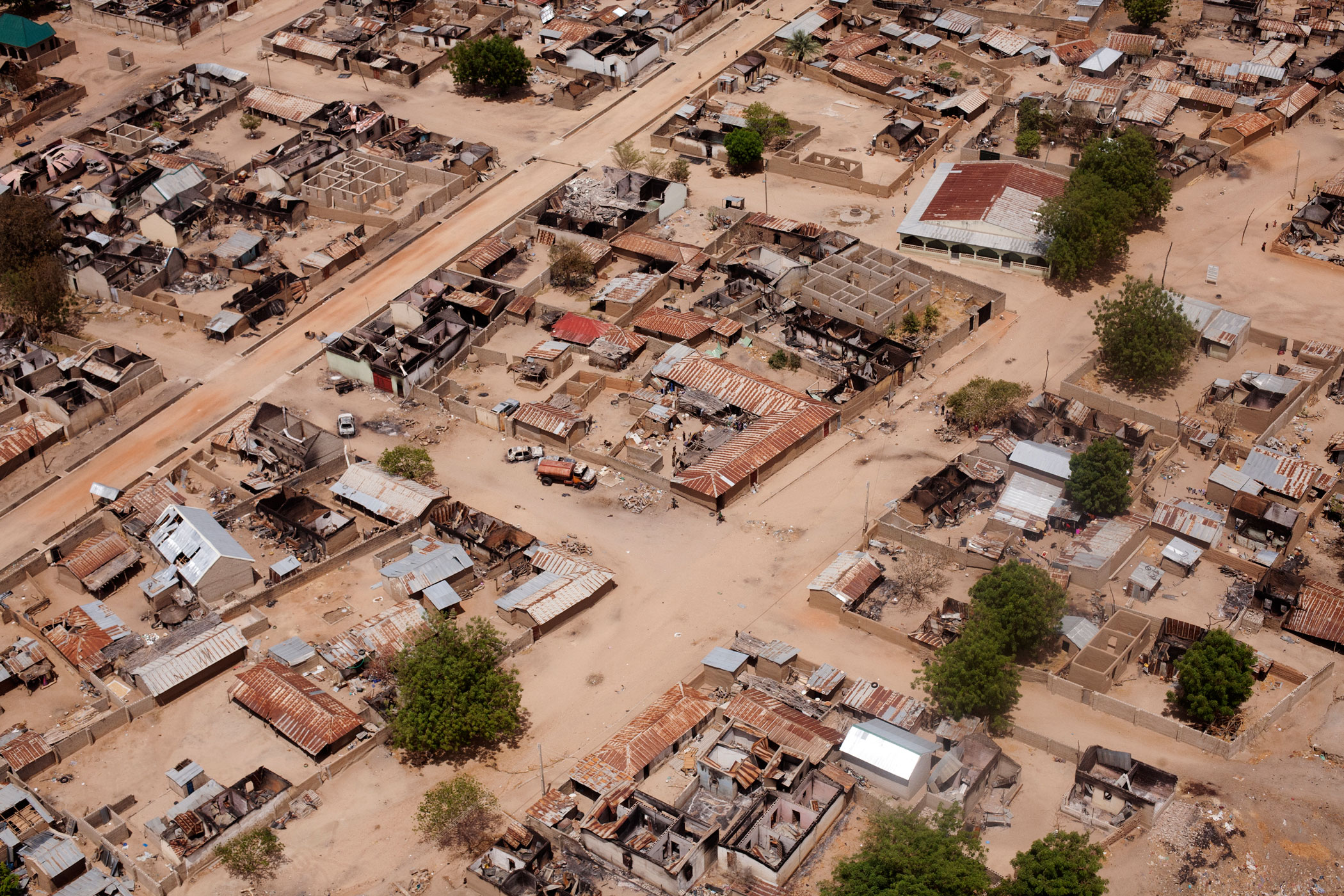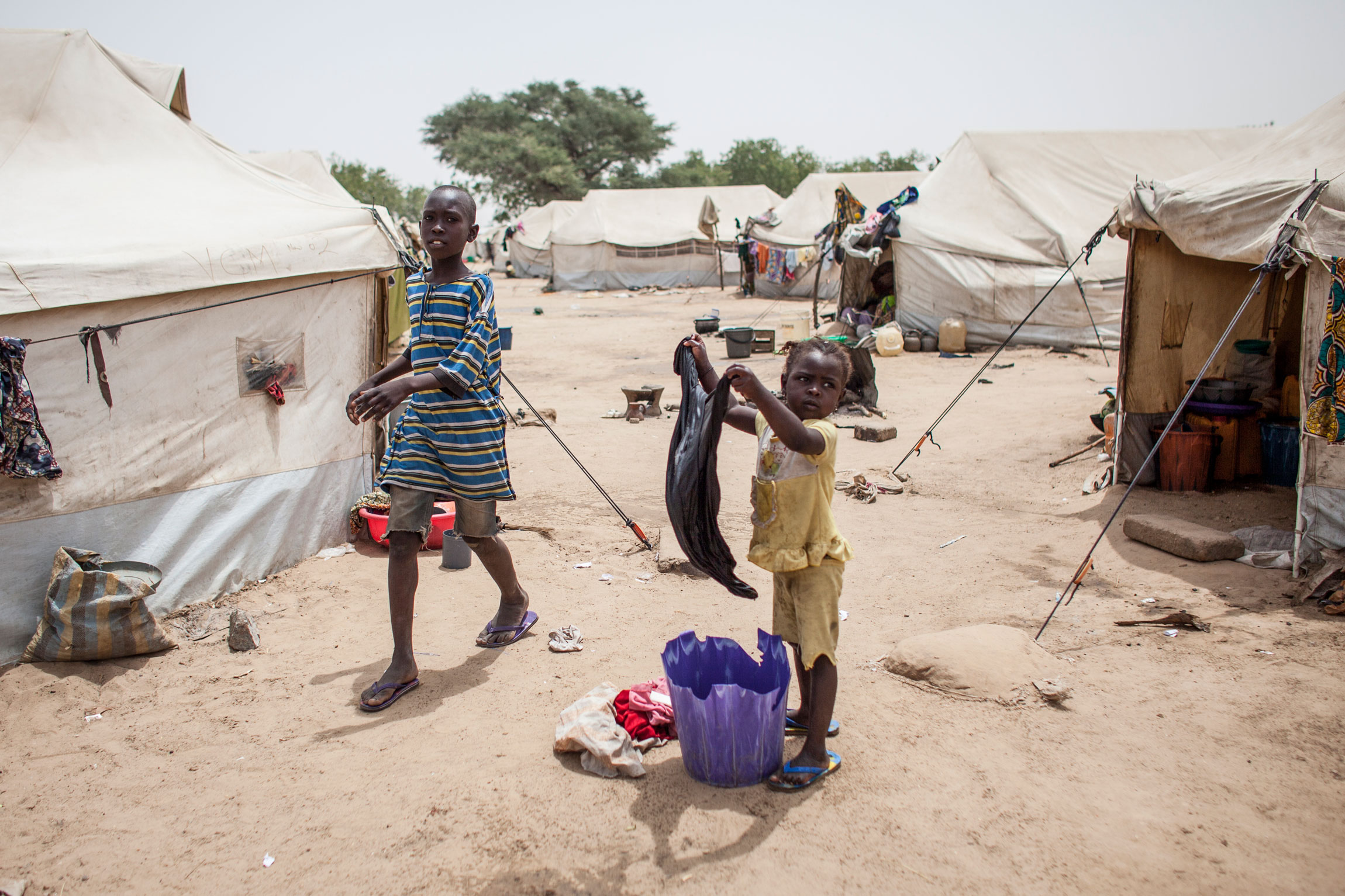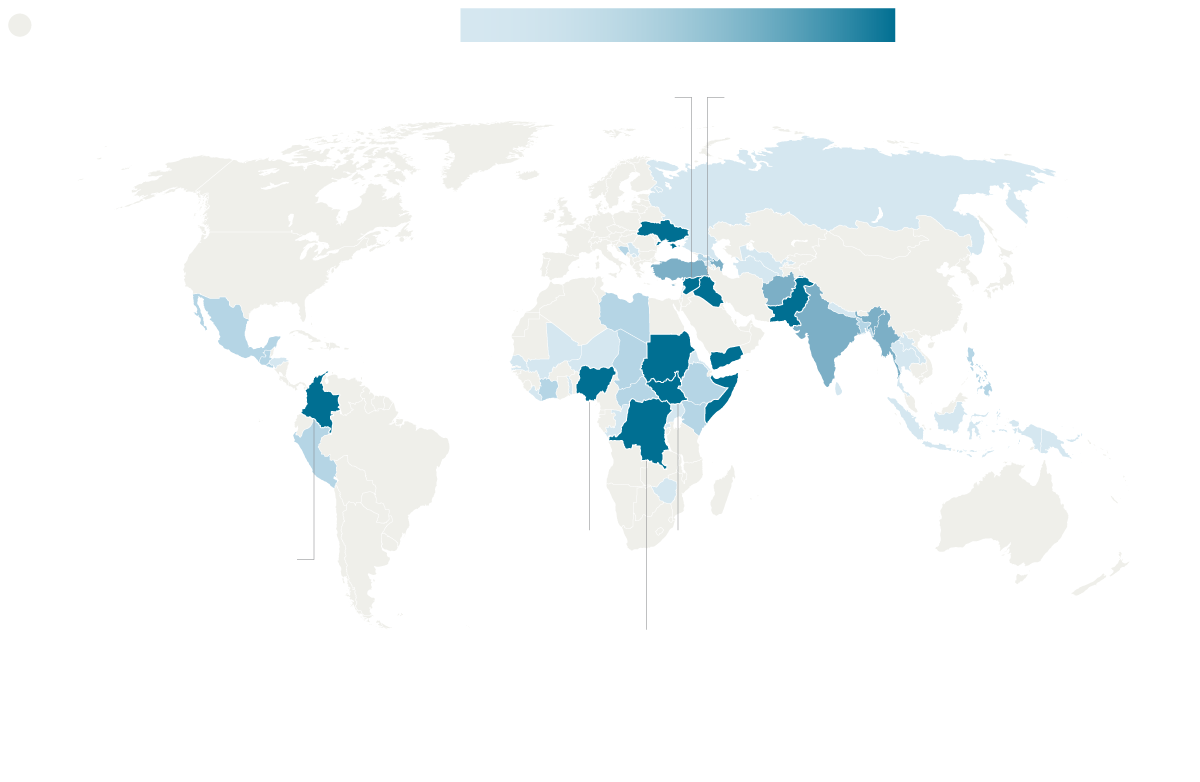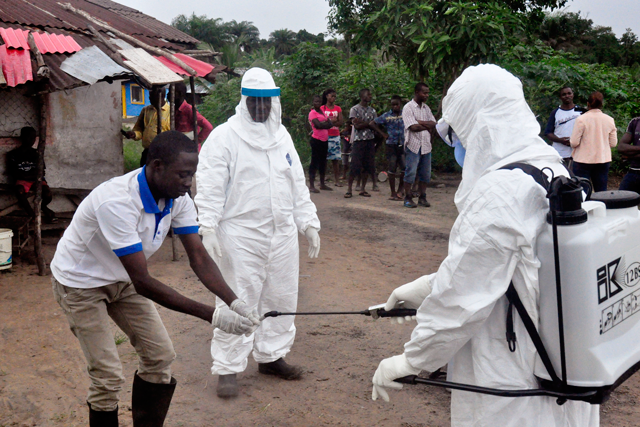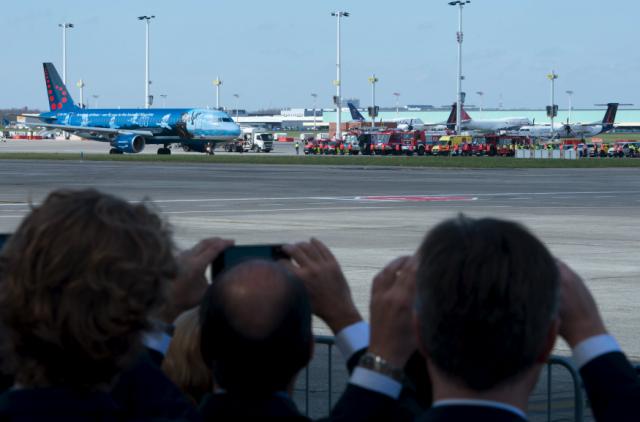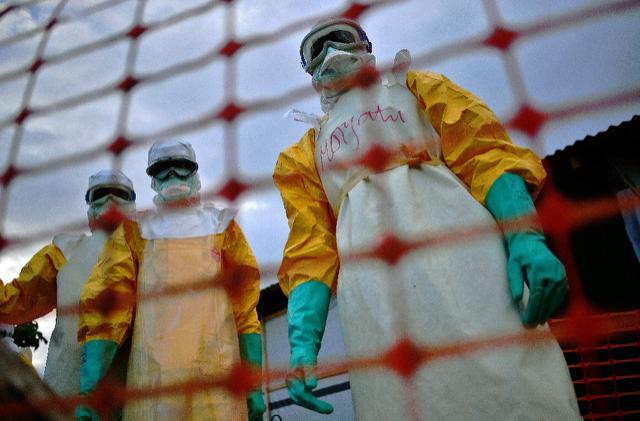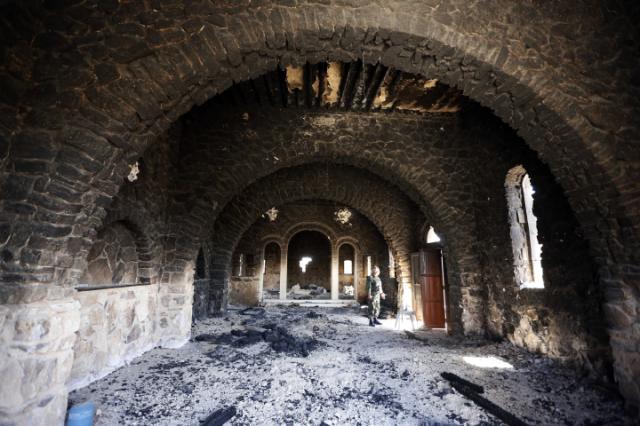
QARYATAIN, Syria (AP) — Syrian troops fired their guns in celebration amid smoldering buildings inside the town of Qaryatain on Monday, hours after recapturing it from retreating Islamic State militants who had abducted and terrorized dozens of its Christian residents.
An Associated Press crew was among the first journalists to enter the town and witnessed the destruction wrought on the once-thriving Christian community and its fifth-century monastery, which was bulldozed by the extremist group last summer.
Once a cherished pilgrimage site, much of the St. Elian monastery had been reduced to a pile of stones.
Escorted by the Syrian government, the AP crew was allowed to venture only about three kilometers (1½ miles) inside Qaryatain, located 125 kilometers (75 miles) northeast of Damascus, because army experts were still clearing explosives and mines left by the group.
Black smoke billowed from the western side of town where skirmishes continued. Near the central square, some residential and government buildings were completely destroyed, their top floors flattened. Others had gaping holes where they had taken direct artillery hits or were pock-marked by gunfire. Electricity poles and cables were broken and shredded; a snapped tree hung to one side.
On Sunday, a week after taking back the historic town of Palmyra from IS, Syrian troops and their allies recaptured Qaryatain. Aided by Russian airstrikes, the advance dealt yet another setback to IS, depriving the extremists of a main base in central Syria that could eventually be used by government forces to launch attacks on IS-held areas near the Iraqi border.
Soldiers were visibly buoyed Monday by their successive battlefield victories.
“We will soon liberate all of Syria from the mercenaries of the Gulf and Erdogan,” said one soldier, referring to Gulf countries and the Turkish leader who have been strong supporters of the rebels fighting to topple President Bashar Assad.
Qaryatain lies midway between Palmyra and the capital, Damascus, and was once home to a sizeable Christian population. Before IS took it over last August, it had a mixed population of around 40,000 Sunni Muslims and Christians, as well as thousands of internally displaced people who had fled from the nearby city of Homs.
As it came under militant attack, many of the Christians fled. More than 200 residents, mostly Christians, were abducted by the extremists, including a Syrian priest, the Rev. Jack Murad, who was held by the extremists for three months.
During the eight months that Qaryatain was under IS control, some Christians were released and others were made to sign pledges to pay a tax imposed on non-Muslims. Some have simply vanished.
Days after the militants publicly beheaded an 81-year-old antiquities scholar in nearby Palmyra last August, the militants posted photos on social media that showed them leveling the St. Elian Monastery with bulldozers. They also trashed an ancient church next to the Assyrian Christian monastery, and desecrated a nearby cemetery, breaking the crosses and smashing name plates.
The church’s doors and windows were blown out and its interior appeared to have been used by the militants as a workshop for manufacturing bombs and booby traps, its floor littered with gas canisters, metal kettles, coffee pots and blue pails.
Scrawled in blue paint on the church’s exterior stone wall was a verse from a 19th -century Egyptian poet known as the Poet of Islam: “We faced you in battle like hungry lions who find the flesh of the enemy to be the most delicious.” It was signed: “The Lions of the Caliphate.”
Another wall was sprayed with the words “Lasting and Expanding,” the Islamic State group’s logo. It was dated August 15, 2015.
A Syrian soldier showed journalists an ID apparently left behind by an IS militant from the nearby town of Mheen. It was stamped with the words “al-Dawla al-Islamiya,” or Islamic State.
The officer said the Syrian army would now turn east to capture the next IS-held town of Sukhneh, on the road between Palmyra and Deir el-Zour near the Iraqi border.
Meanwhile, Pentagon press secretary Peter Cook said the U.S. carried out an airstrike late Sunday on a senior al-Qaida “operational meeting” in northwest Syria that resulted in “several enemy killed.” He said the U.S. believes a senior al-Qaida figure, Abu Firas al-Souri, was at the meeting and “we are working to confirm his death.”
The SITE Intelligence Group, which monitors jihadi websites, said al-Souri died in the U.S. strike, which targeted the headquarters of Jund al-Aqsa, an extremist group that fights alongside al-Qaida’s Syrian affiliate, the Nusra Front. Al-Souri was the former spokesman for the Nusra Front, the group reported on social media Monday.
The strike killed at least 21 militants in Idlib province, a jihadist stronghold in northern Syria, the London-based Syrian Observatory for Human Rights said.
Military officials said over the weekend that the U.S. killed an Islamic State fighter who was believed to be directly connected to the attack in Iraq that killed Marine Staff Sgt. Louis F. Cardin about a week ago. Cardin, of Temecula, California, was killed by rocket fire at a base near Makhmour.
Cook said Monday that Jasim Khadijah, a former Iraqi officer and a member of the Islamic State group, “played a role in the rocket attacks” that killed Cardin.
___
Associated Press writers Zeina Karam in Beirut and Lolita C. Baldor in Washington contributed to this report.
